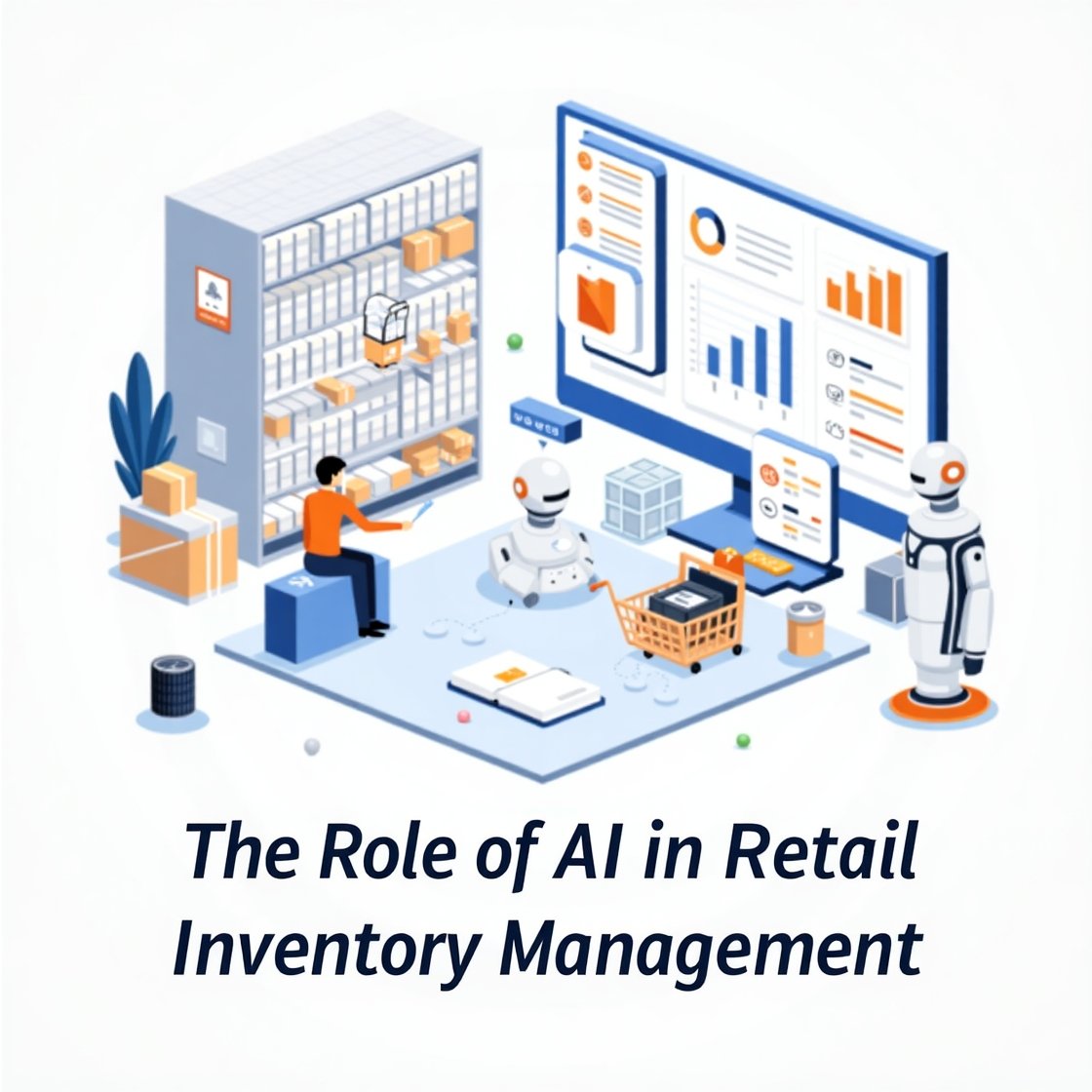Introduction
In the fast-paced world of retail, effective inventory management is crucial for maintaining profitability and customer satisfaction. Retailers frequently grapple with the dual challenges of overstock and stockouts, both of which can significantly impact their bottom line. As consumer expectations rise, the pressure to optimize inventory levels has never been greater. Enter Artificial Intelligence (AI), a technology that is swiftly transforming how retailers approach inventory management. By leveraging AI, businesses can not only anticipate demand fluctuations but also streamline operations, reduce costs, and enhance the overall shopping experience.
How AI is Transforming Inventory Management
Predictive Analytics
In today’s competitive retail environment, having the ability to accurately forecast demand can be the difference between success and failure. AI’s predictive analytics tools analyze vast amounts of data to predict consumer demand with unprecedented accuracy. This capability allows retailers to anticipate customer needs and adjust inventory levels accordingly, reducing the risk of overstock or stockouts. Moreover, AI can detect seasonal trends by analyzing historical sales data, enabling retailers to prepare for peak shopping periods with precision.
Real-time Inventory Tracking
AI-powered solutions integrate seamlessly with smart sensors and IoT devices to provide real-time updates on inventory levels. This technology enhances inventory accuracy by significantly reducing human error and ensures that stock information is updated instantly. Retailers can now maintain a live view of their inventory, which helps in making informed decisions quickly, optimizing stock levels, and improving overall supply chain efficiency.
Benefits of AI in Retail Inventory
Cost Reduction
Implementing AI in inventory management brings significant cost savings for retailers. By accurately predicting inventory needs, AI minimizes overstock situations, thereby reducing storage costs and the likelihood of markdowns on unsold goods. Additionally, AI optimizes resource allocation, ensuring that manpower and storage facilities are used efficiently, leading to further cost reductions.
Enhanced Customer Experience
AI enhances the shopping experience by ensuring that products are readily available when customers need them, thereby preventing missed sales opportunities. Furthermore, AI allows for a more personalized shopping experience by analyzing inventory insights to tailor promotions and product recommendations to individual consumer preferences. This personalization not only boosts customer satisfaction but also fosters brand loyalty.
Challenges and Considerations
Data Privacy Concerns
As retailers adopt AI, safeguarding sensitive customer and inventory data becomes paramount. Ensuring robust security measures are in place is crucial to prevent data breaches and maintain consumer trust. Retailers must navigate the complexities of data privacy regulations to protect their operations and customers.
Implementation Costs
While AI promises significant long-term benefits, the initial investment can be substantial. Retailers need to weigh the upfront costs of AI implementation against the expected return on investment (ROI). Strategic planning and phased deployment can help manage expenses and maximize the benefits of AI technologies over time.
Future of AI in Retail Inventory
As AI technology continues to evolve, the future of retail inventory management looks promising. Innovations on the horizon include advanced AI algorithms that can further refine demand forecasting and inventory optimization processes. Additionally, AI is playing a crucial role in promoting sustainability by helping retailers reduce waste and improve resource efficiency. As more businesses embrace AI, the retail industry is poised for a transformation that balances profitability with environmental responsibility.
Conclusion
AI is undoubtedly revolutionizing retail inventory management, offering solutions that significantly enhance efficiency and customer satisfaction. While there are challenges to consider, the benefits of AI far outweigh the drawbacks, making it an invaluable tool for modern retailers. As the technology advances, those who adopt AI early will likely lead the way in creating a more responsive and sustainable retail environment. Now is the time for retailers to explore AI solutions and stay ahead in the competitive landscape.

